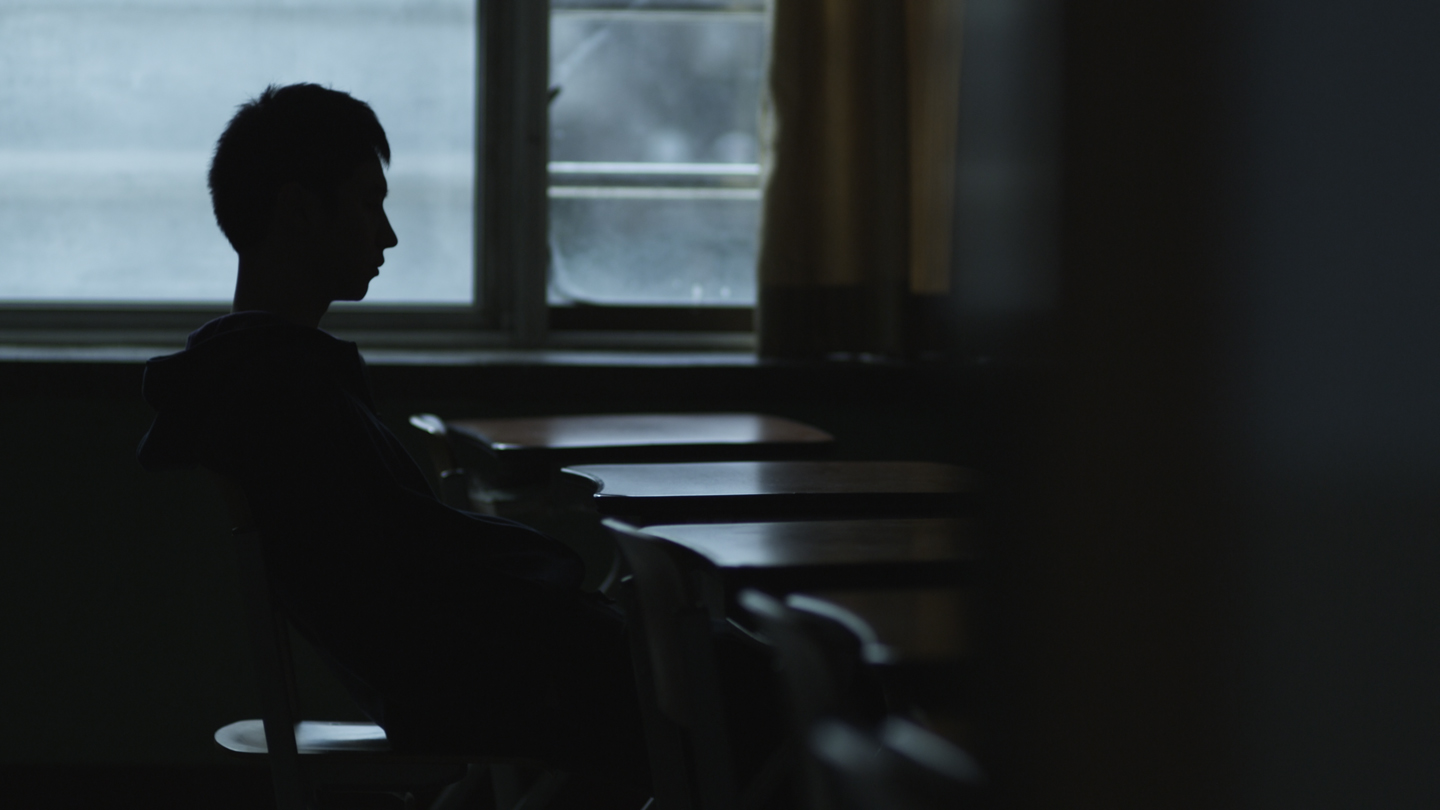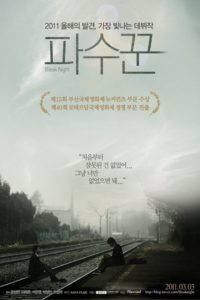A sombre musing on teen suicide, told in a time-shifting narrative that aims to give a holistic view of the complexities of this far too common issue in Korea.
Director: Yoon Sung-hyun
Writer(s): Yoon Sung-hyun
Runtime: 117 minutes
Starring: Lee Je-hoon, Seo Jun-young, Jo Sung-Ha, Park Jung-Min
Festival: Korean Film Festival in Australia 2012
Country: South Korea
Rating (?): Highly Recommended
(★★★★)
It may surprise many that South Korea has the highest rate of suicide in the thirty OECD countries, recently surpassing Japan’s notoriously high rate. Indeed, as recently as a 2010 report, it was said to be the leading cause of death for those under 40 in the country, with 13 out of every 100,000 people aged between 15 and 24 committed suicide in the cited year. This shockingly large number was stated to be attributable to the growing stresses in competitive education and in the workplace, which is why the structure of Bleak Night is so intriguing. Rather than simply taking teen suicide for granted, it positions itself as a mystery, one with more layers than may seem obvious on the surface.
High school student Gi-Tae (Lee Je-hoon) has killed himself, and his largely estranged father (Jo Sung-Ha) feels a great sense of guilt as well as confusion over his son’s death. After finding a photo of Gi-Tae with his two best friends, Dong-Yoon (Seo Jun-young) and Hee-Joon (Park Jung-Min), the father is determined to find out what might have caused his son to take the actions that he did. However, with Hee-Joon transferring to another school and Dong-Yoon having dropped out of school completely, Gi-Tae’s dad begins to suspect that things are not as they seem. Taking a non-linear narrative, Bleak Night shifts back and forth between cause and effect to reveal a once inseparable group of friends, slowly torn apart by depression, misunderstanding and ultimately hatred and violence.
The often clinical approach is reminiscent of the similarly themed Japanese film Confessions (2010), which also takes the time to go back and give each of the principal players time to ‘explain’ their motivations to the audience. In this way, the film becomes a puzzle, slowly giving individual pieces until it all finally clicks into place. Rising star Lee Je-Hoon, who also appears at this year’s KOFFIA as a morphine-addicted squad leader in big-budget war film The Front Line (2011), gives an absolutely haunting performance as the pack-leader Gi-Tae. Perpetually surrounded by a posse of hangers-on and flunky thugs, his indifferent attitude and contemptuous sneers are as frustrating as they are captivating. His initial control of all of those around him adds to the mystery of where it all went wrong for him, and watching this house of cards fall becomes all the more devastating.
Having previously only participated in the If You Were Me 5 (2010) omnibus film on human rights issues, writer/director deservedly Yoon Sung-hyun won Best New Director at both the 2011 Daejong Film Awards and Blue Dragon Film Awards for what a number of people are already calling the best South Korean debut in years. While this claim may be a little premature, especially given the incredible strength of Korean film over the last decade, this is undoubtedly an important and unique examination of one of the most topic issues facing South Korean youth today.
Bleak Night played at the Korean Film Festival in Australia in August/September 2012. Full disclosure: The Reel Bits is a media partner of KOFFIA, but opinions on films are unswayed by this relationship.






